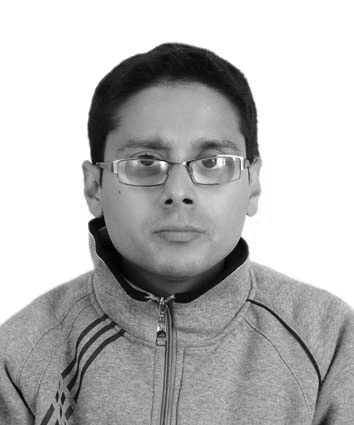Columns
A bold decision by Oli to exit gracefully from active politics should win him accolades
A rational decision this time will help the prime minister to restore his waning public image.
Kushal Pokharel
The mainstream media, including online portals, have been flooded with news about Prime Minister Oli’s health for the last two weeks. While the media has carried stories based on their own information sources creating some confusion among the public regarding the actual status of the chief executive's wellbeing, what has become evident is that his health condition is undoubtedly a matter of grave concern at present and will be so in the near future.
The matter has further aggravated by the unwillingness of the prime minister’s press advisor to provide exact information about his medical state. Instead of being accountable to the general public in this regard, the advisor has come down heavily against medical doctors and the media accusing them of disseminating misleading information. It is unfortunate for the prime minister's close aide to neglect the public's right to information about issues of wide public importance as provisioned in the constitution itself.
Another transplant
Currently recuperating after undergoing surgery for appendicitis and recently dialysis, the prime minister’s health is improving, according to a press note issued by the hospital management. With a long medical history of kidney ailments, the prime minister has been struggling with his health issues for more than a decade, and his doctors have highly appreciated his will power. It is also learnt that preparations are underway for further treatment of his kidney in the US which might take a few months. What is noticeable here is that after experiencing problems in his transplanted kidney, the prime minister underwent plasmapheresis, a process that filters the blood and eliminates harmful antibodies in Singapore two months ago. Another kidney transplant is being considered, the effectiveness of which has become a subject of heated discussion among the country's leading nephrologists.
In light of the above, the issue of the prime minister’s ailing medical condition has raised some pertinent questions that have severe implications for the overall state system: How long can the prime minister continue like this? Are there any alternatives that need to be contemplated for running the nation? Is the prime minister thinking of a graceful exit amid repeated suggestions from his doctors to take more rest and become physically less active?
It is looking challenging for the prime minister to continue his role as the nation’s chief executive in this fashion. With doctors already cautioning the possibility of the prime minister being susceptible to various infections in the future, it is a case of Hobson’s choice for him to find a successor sooner or later. Moreover, the message that the prime minister wishes to impart to the larger public of his intentions on how to move ahead in this context has significant ramifications across the entire spectrum of society. But at the moment, the prime minister has not given any hint in this regard.
At a time when the nation is at a crossroads in terms of delivery of effective public services through an improved governance system, the need for a proactive chief executive is of paramount importance. The present communist government, with a two-thirds majority, has publicly stated the necessity to direct all its efforts towards institutionalising the federal system through the promulgation of various laws, rules and regulations. Against this backdrop, the need for a prime minister who is physically and mentally fit and can work round the clock is high. While this is not to undermine the prime minister's bubbling confidence, some unavoidable circumstances pose severe constraints to executing his official duties.
Graceful exit
Easier said than done, finding a new premier with the desired competencies won’t be simple. The search for a chief executive might also reignite seemingly subdued political instability if not handled with care. Nevertheless, the scenario of a nation getting a new prime minister also looms large. In this regard, a bold decision by the prime minister to exit gracefully from active politics should win him accolades. But the question remains whether he is bracing himself up for this.
This is the right time for the prime minister to start some critical discussions within his party regarding the same, and explore some possible ways to fill up the governance vacuum. At this stage, the prime minister can invite some fresh ideas from his party to end the impasse. Instead of finding temporary measures to tackle the situation, a pragmatic solution for the remaining three years of the administration's tenure that is in the broader welfare of the nation should be figured out. A rational decision this time will help the prime minister to restore his waning public image, particularly in the past two years after the unprecedented election victory.
***
What do you think?
Dear reader, we’d like to hear from you. We regularly publish letters to the editor on contemporary issues or direct responses to something the Post has recently published. Please send your letters to [email protected] with "Letter to the Editor" in the subject line. Please include your name, location, and a contact address so one of our editors can reach out to you.




 21.12°C Kathmandu
21.12°C Kathmandu















